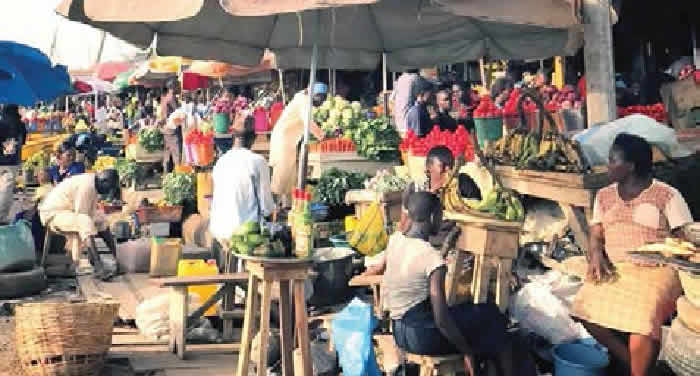Manufacturers are anticipating a fresh wave of price increases in the market in response to the continued depreciation of the naira against the United States dollar. The naira fell to N1,420/$ at the parallel foreign exchange market on Friday, prompting concerns among industry leaders.
Francis Meshioye, the President of the Manufacturers Association of Nigeria (MAN), expressed his apprehension, stating that the persistent exchange rate challenges would make it difficult for businesses to remain profitable. Meshioye highlighted the immediate impact on breaking even, with higher prices leading to reduced consumer demand and adversely affecting businesses’ bottom line.
He emphasized the need for businesses to revise their strategies, given the difficulty in making long-term plans due to frequent fluctuations in the forex market. Meshioye urged manufacturers to collaborate and devise viable solutions to navigate the challenging economic conditions.
The fall of the national currency has been a contributing factor to the high inflation rates in Nigeria, reaching 28.92 percent as of December 2023, according to the National Bureau of Statistics.
Despite efforts by the Central Bank of Nigeria (CBN) and the Federal Government, the naira’s decline has persisted. The CBN recently obtained a $2.25 billion oil-for-cash loan facility from the African Export-Import Bank to enhance dollar liquidity. The CBN has also begun clearing part of its backlog of matured foreign exchange obligations to Deposit Money Banks, with $2 billion already paid out.
The CBN governor, Olayemi Cardoso, anticipates that rates will stabilize in 2024, attributing the expected stability to the reduction in petroleum product imports and the implementation of a market-determined exchange rate policy. The International Monetary Fund (IMF) has identified excess naira in circulation as a major factor contributing to the naira’s fall.
Dr. Christian Ebeke, Nigeria’s Country Representative at the IMF, emphasized the importance of transparency in the foreign exchange market, especially as the CBN embarks on inflation targeting. He suggested that tightening policies and addressing FX supply issues could help the naira converge to a fair value.
Dr. Alex Sienaert, Nigeria’s Lead Economist at the World Bank Group, highlighted the relationship between inflation management and the value of the naira. He emphasized the need to focus on price stability to support the value of the national currency amid global challenges in dollar liquidity.
In conclusion, the business community is bracing for the impact of the naira’s depreciation on commodity prices, while policymakers are implementing measures to stabilize the forex market and enhance economic resilience.
























